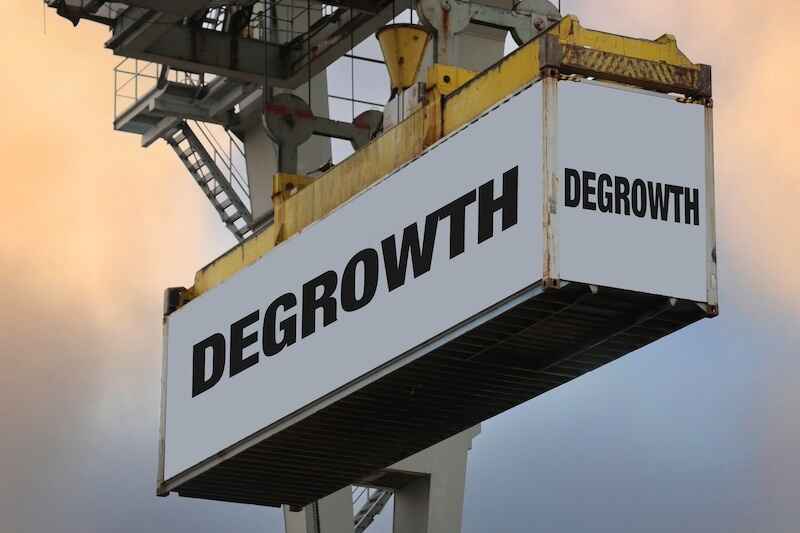Poverty isn’t pretty.
That may sound like an obvious statement, yet I’ve heard some people doubt the benefits of economic growth and rising living standards over and over throughout my career.
I first experienced this idea as a young journalist 20 years ago when I was awarded a fellowship to study regime change in Asia. I traveled with five other American journalists, touring several Asian nations that were undergoing dramatic leadership changes.
Two of them, Indonesia and China, were very poor compared to the U.S. and were doing everything they could think of to accelerate growth and increase prosperity.
Despite these efforts, several of my fellow journalists repeatedly warned people we met about what they considered to be the hazards and drawbacks of economic progress.
My colleagues on the trip simultaneously romanticized poverty and doubted the benefits of economic growth. As for the citizens of these poor countries that we met with, they listened politely to this nonsense while their body language made it clear they thought we were crazy.
But insane or not, these ideas persist today…
The Rise of Degrowthers
Indeed, the anti-growth sentiment my travel companions embraced two decades ago has not only survived, it’s now thriving.
It even has a name and a movement: degrowth.
This is the idea that economic growth has three major drawbacks: ecological degradation and global warming, inequality and social injustice, and worker exploitation.
And the theory suggests that eliminating or dramatically slowing economic growth will go a long way toward fixing these problems.
Here’s how the degrowth.info website puts it…
The degrowth movement of activists and researchers advocates for societies that prioritize social and ecological wellbeing instead of corporate profits, over-production and excess consumption. This requires radical redistribution, reduction in the material size of the global economy, and a shift in common values towards care, solidarity and autonomy.
I see two major problems with this idea – beyond the plan for “radical redistribution” and the falsehood that economic growth delivers only corporate profits and excess consumption, rather than social well-being.
First, exactly who is going to inform the majority of humans who have yet to achieve the prosperity of rich countries that they’ll be better off by abandoning economic growth?
After all, more than half of the roughly eight billion humans alive today live on less than $10 a day. And just under half – about 3.6 billion in 2022 – live on less than $3.65 a day, according to World Bank data.
Some nations, many of them in South Asia and Sub-Saharan Africa, are desperately poor. For these people, economic growth is their only escape route.
And merely slowing growth in rich nations while allowing it to continue in poorer ones is unworkable. Low-income nations require trade and exports to wealthy nations in order to raise their living standards.
Second, the degrowth movement appears to be desperately short of imagination. It fails to see how human innovation has the power to simultaneously tackle climate change and raise living standards across the globe.
Superabundance author Marian Tupy, a guest speaker at the Oxford Club’s 2023 Investment U conference, points this out in a recent blog post about the degrowth movement.
The bottom line is that economic growth is a net positive. It can be pursued in ways that minimize environmental damage and benefit everyone, and there is no substitute for it.
Invest wisely,
Matt
Credit: Source link














